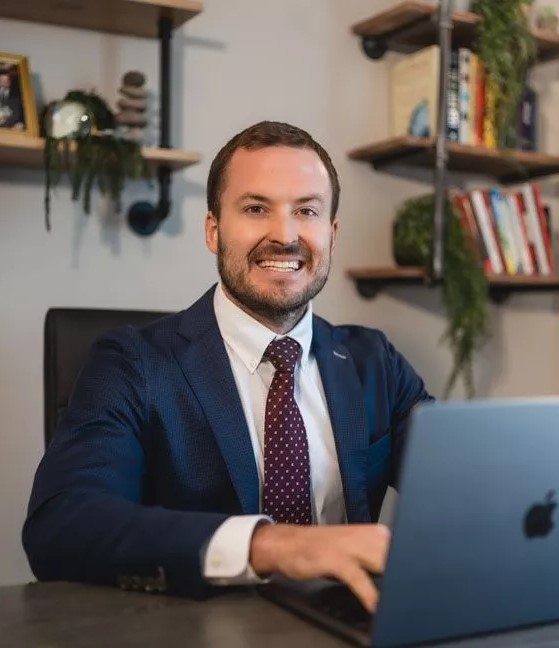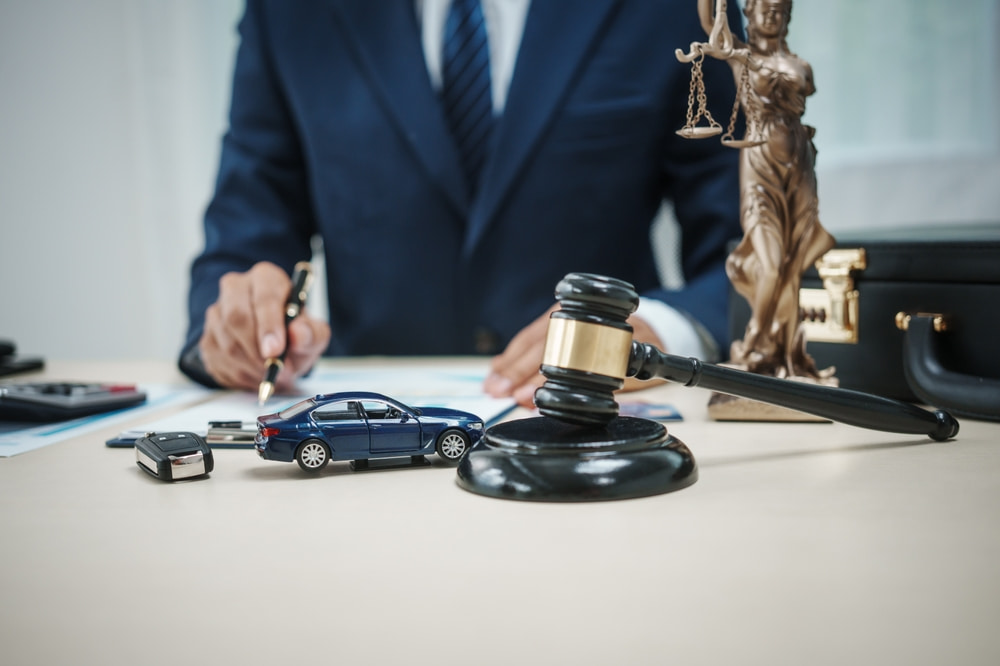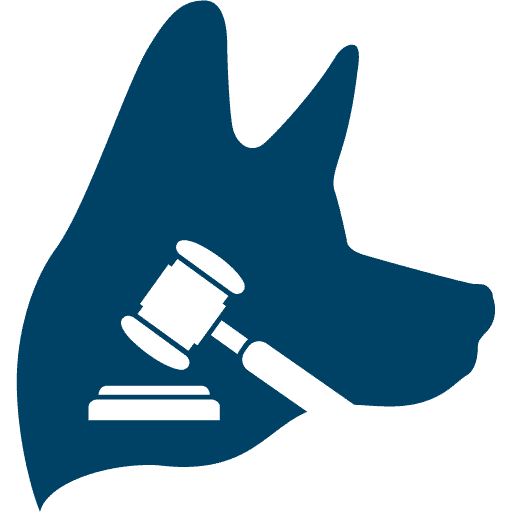Home » Georgia Car Accident Attorneys » Atlanta Car Accident Lawyer
Every hour, at least four people get hurt in a car accident somewhere in Atlanta. Whether you’re stuck on the Connector during rush hour or making a quick run down Memorial Drive, the risk is always there. And when a crash flips your life upside down, bills pile up fast, and answers are tough to find.
The good news is you don’t have to sort through the mess alone. A local Atlanta car accident lawyer from TopDog Law’s network is ready to help you pursue compensation for your injuries, lost wages, and everything else this wreck has cost you.

Even low-speed crashes can leave you hurting in ways you never expected. Here’s a breakdown of common injuries that people deal with after Atlanta car accidents:
Every car accident has a price tag which depends on damages—tangible and intangible losses that affect your life long after the dust settles. In Georgia, these damages fall into three categories: economic, non-economic, and punitive.
These are the easy ones to calculate. Think of economic damages as everything you can put a receipt on. Lawyers and insurance adjusters will look at hard numbers and stack them up.
Non-economic damages cover the losses that don’t show up on a receipt but have just as much impact—sometimes more.
Georgia doesn’t cap these damages in personal injury cases. According to Georgia Code § 51-13-1, caps that once applied to non-economic damages in medical malpractice cases were ruled unconstitutional in 2010. So, there’s no ceiling here for car accidents.
Punitive damages are the legal system’s way of sending a message. They punish behavior that’s more than careless—it’s reckless or malicious.
Georgia law, specifically Georgia Code § 51-12-5.1, sets a high bar for these. The at-fault driver must have acted with willful misconduct, malice, fraud, or wantonness. An example would be a driver with a sky-high BAC blowing through an intersection and totaling your car. That kind of reckless disregard for life is what punitive damages are designed to address.

Not every street in Atlanta carries the same risk. Some corridors have built a reputation for crashes due to heavy traffic, poor road design, or just plain reckless driving. The result? Higher accident rates and more injuries.
Filing an insurance claim after a car accident might seem simple. Until the calls start. Adjusters sound friendly at first—offering quick settlements, asking for statements—but make no mistake, they work for the insurance company, not for you. Their job is to protect profits, which means paying out as little as possible.
A local Atlanta car accident lawyer from TopDog Law’s network builds a case that shuts these tactics down.

If a car accident knocked you off course, the right lawyer helps you take the wheel again. TopDog Law’s network connects you with an Atlanta attorney who knows how to handle the insurance runaround and fight for every dollar you deserve.
